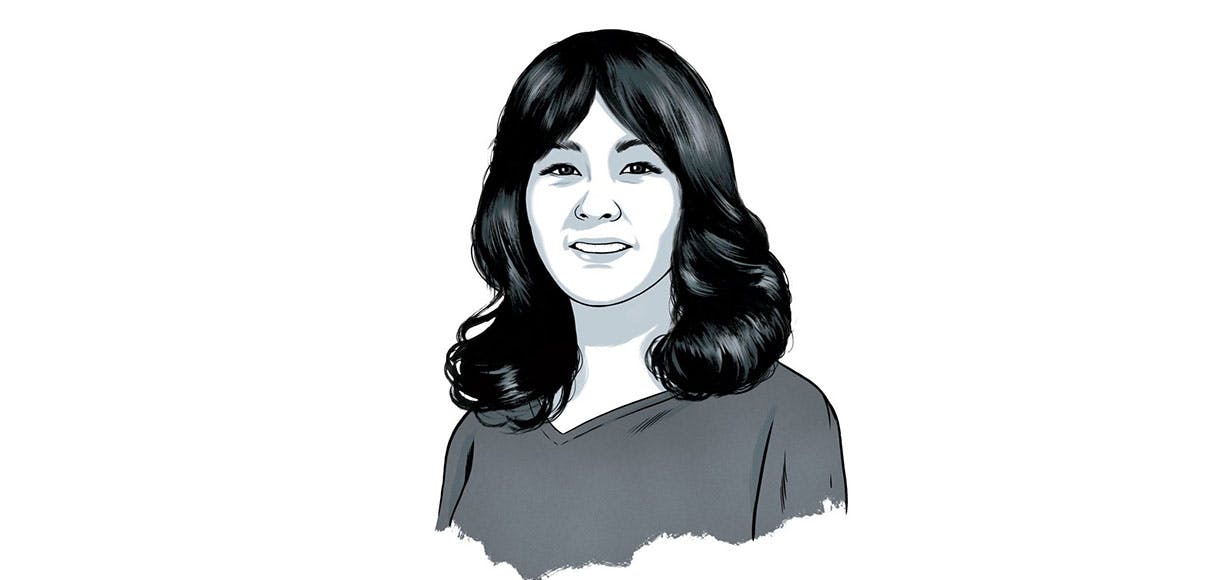
I ONCE READ A STORY about a woman who made it her New Year’s resolution to invite 500 guests to her home throughout the year. She gathered friends and strangers around her table for meals and hosted her 500th guest sometime before Thanksgiving. I’ve always thought it was a particularly lovely resolution to make and far more fun than the prosaic goals of losing weight or exercising more.
There’s something special that happens when you sit down and share a meal with someone — a bond develops over breaking bread together. Maybe it’s the fact that even if someone is a stranger, when we eat together, we recognize our common need to put food and water into our bodies to stay alive. Or maybe eating together builds community because it’s hard to sit and share food with people without also sharing a bit of our stories and lives.
When I was growing up, we often went to Chinese restaurants because my parents missed the food of their homelands. In American restaurants, each person orders their own entrée, but in Asian restaurants we always ordered “family style,” where all dishes were placed in the center of the table and shared among everyone there, furthering the idea that sustaining life is a communal affair.
Eating together builds community because it’s hard to sit and share food with people without also sharing a bit of our stories and lives.
In our cover story, “Turning the Table,” alumnus Kevin Finch ’89 has created a ministry to serve workers in the hospitality industry. Several times a year, his nonprofit, Big Table, brings in guest chefs to cook a seven-course dinner for line cooks, waiters and waitresses, and other hospitality staff. All the people who are normally the servers are served.
I nodded when I read this in Kevin’s story: “To Finch, it’s the kind of kingdom reversal Jesus spoke of in Matthew 20, where the last are now first, and the first are last. Some of the recipients of Big Table dinners have served or cooked thousands of meals but never once been a guest.”
Similarly, SPU alumnus Rick Reynolds ’75 has made it his life’s work to tend to those on the margins. For 28 years, he served as executive director of Operation Nightwatch to tend to those experiencing homelessness before his retirement in June 2022.
I read the results of a disheartening survey this year which found that non-Christians are likely to use the words “hypocritical,” “judgmental,” and “self-righteous” when asked to describe Christians. I have no doubt those perceptions and labels are merited at times, but I’m grateful to be the editor of Response, where I regularly receive alumni updates and stories of those in our SPU community who are living out their faith by serving others in the world.
It’s encouraging to me to encounter people like alumna Jamie Crespo ’12 who runs marathons to raise money for colon cancer awareness after both her father and mother were diagnosed with the disease. And I’m inspired by missionaries like Matt Basinger ’03 and Jacinda Wiley Basinger ’02 who are working to transform lives and expand educational opportunities for students in Papua, Indonesia.
I hope that as you read through this issue of Response, you’ll sense the myriad ways God has worked through people to set metaphorical (and literal) tables in the wilderness of this world.




